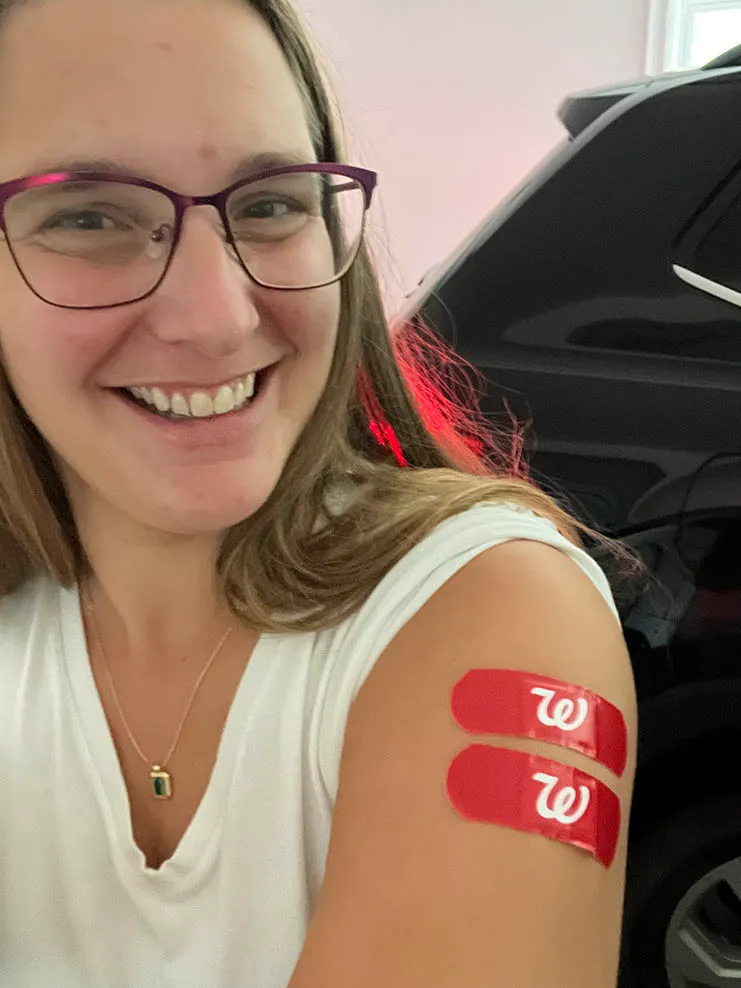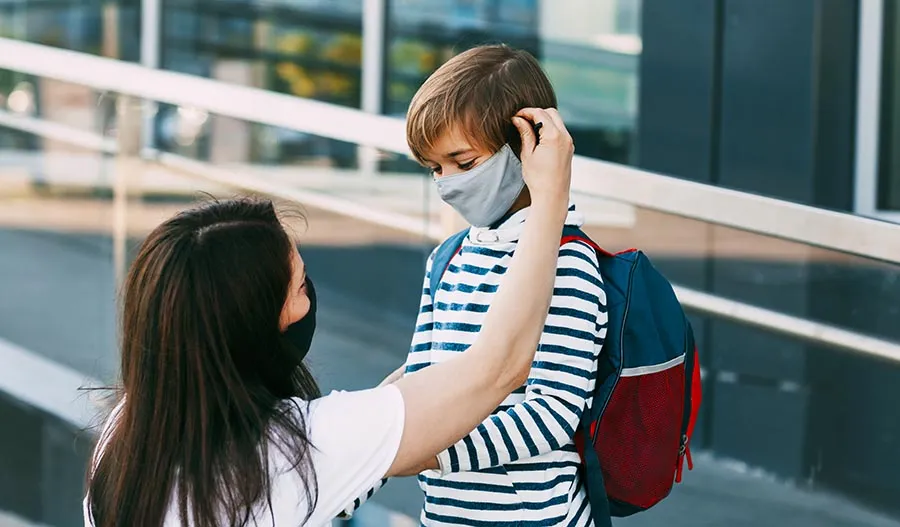As mid-October approaches, our upcoming travel plans have me thinking about something we all try to avoid—getting sick while on the go, especially during cold and flu season. When you’re traveling with family, particularly kids, it’s even more important to take extra precautions to avoid germs. After all, the last thing anyone wants is to have their vacation derailed by a cold, the flu, or worse.
While no method is foolproof, we’re following some science-backed strategies to give us the best shot at staying healthy during our travels. Here are some tips and tricks that we’re using, which you can also implement on your next trip.
1. Frequent Handwashing
This might seem obvious, but it’s one of the most effective ways to avoid getting sick. Viruses spread easily through contact with contaminated surfaces, so washing hands regularly, especially before eating or touching your face, can make a huge difference.
Make sure to teach kids proper handwashing techniques—scrubbing with soap for at least 20 seconds (you can even sing the “Happy Birthday” song twice for timing!). When soap and water aren’t available, hand sanitizer is the next best thing.
2. Consider Wearing a Mask
Crowded spaces like airports, planes, and busy tourist spots can be breeding grounds for germs. Wearing a mask in these areas, especially if you’re going to visit elderly or immunocompromised family members during the holidays, can add a layer of protection.
Masks aren’t just for COVID-19—they can help block other airborne viruses, like the flu. We’ve become more used to mask-wearing in the last few years, and it’s worth considering as part of your cold/flu season travel toolkit.
3. Carry Hand Sanitizer Everywhere
While frequent hand washing is ideal, it’s not always possible when you’re on the move. That’s where hand sanitizer comes in handy—literally! We never leave home without it, and it’s especially useful when navigating crowded spaces like airports or tourist attractions.
Remember, to be effective, the hand sanitizer should contain at least 60% alcohol.
Tip for Parents: My kids like the spray way more than the gel. Find what they’ll actually use!!
4. Get Vaccinated
Flu shots, COVID-19 boosters—whatever is available and relevant to the season, get those vaccinations! We timed our shots to be two weeks before our travel dates, aiming for peak immunity when we hit the road.
While vaccinations aren’t 100% foolproof, they significantly reduce the severity and risk of illness. This is especially important when you’re spending time in close quarters with others, like on planes or trains.
Getting vaccinated not only protects you but also helps reduce the spread of illness to more vulnerable people, like the elderly or those with compromised immune systems.

5. Hydration and Sleep: Your Immune System’s Best Friends
A strong immune system starts with the basics—getting enough sleep and staying hydrated. When you’re sleep-deprived or dehydrated, your body is more susceptible to illness. Keeping everyone well-rested and hydrated during travel can be a challenge, but it’s worth the effort. Make sure to bring refillable water bottles and plan for rest breaks during busy travel days.
A Few Extra (but Less Science-Backed) Measures
Now, I love trying out some natural remedies as much as the next mom, but it’s important to recognize that these are complementary to the more proven methods above. They might not be backed by rigorous research, but many people swear by them, so here’s a quick rundown:
- Elderberry Syrup: Some believe elderberry helps boost the immune system and might reduce the duration of colds and flu. While the research is limited, we sometimes add it into our routine as an extra precaution.
- Vitamin C and Zinc: These are often touted as immune boosters. While large doses won’t necessarily prevent you from getting sick, some studies suggest they may shorten the duration of illness if taken early on.
- Probiotics: Maintaining a healthy gut can help with overall immune function. Probiotic supplements or fermented foods like yogurt or kefir may be beneficial, though the research is still ongoing.
As we head into the colder months, keeping ourselves and our loved ones healthy while traveling is top of mind. The science-backed tips like handwashing, masking, and vaccinations are our first line of defense, with a few extra vitamins thrown in for good measure.
Traveling during cold and flu season doesn’t have to be a stressful experience if you’re prepared. Here’s to staying healthy on the go and enjoying your travels, no matter the season!




